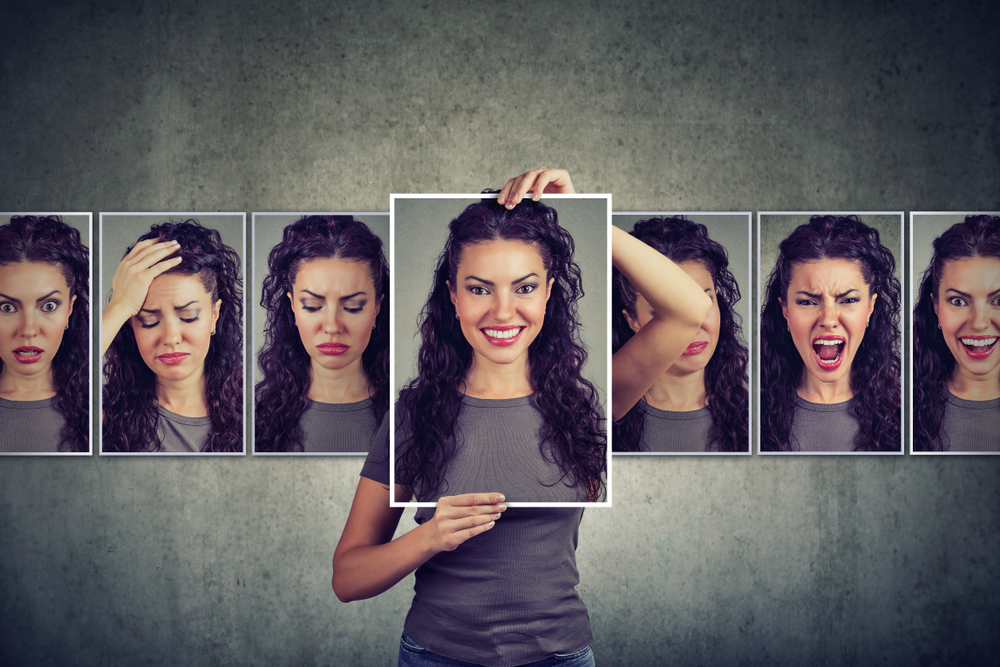It has been known for a long time that various forms of trauma, abuse, neglect or severe ongoing stress in childhood (such as bullying at school) leads to people developing patterns of emotions, thinking and behaviour which can make their lives very difficult and unhappy. For example:
- If other people do bad things to you as a child you may learn that you cannot be in control of what happened to you and you stop planning ahead, making decisions for yourself and you do not learn to solve problems you face in life. This makes live very difficult and makes more bad things happen. It can also mean it is hard to focus on and achieve long-term goals.
- When children are trapped in stressful or traumatic situations and cannot get away from them, their brain learns to escape mentally by switching off or "dissociating". Another way of mentally escaping is to go into a fantasy world in various ways, making up a different reality or imagining things that only you can see or hear.
- If you have had bad experiences or been badly treated as a child you may learn not to trust other people. You may build up barriers around yourself and do not let people get too close. This makes it difficult to have good relationships.
- If you learnt as a child that suddenly very bad things can happen to you, it teaches you to be on the lookout for danger, always on edge or anxious and very jumpy.
- This makes you react very strongly to everyday problems. Normal life is full of little problems so these strong reactions can make your emotions, your thinking and what you do very changeable and extreme. It is like having a very thin emotional skin.
- Because this extreme distress is very painful it can lead people to look to for anything that will make the feelings go away, for example taking drugs, drinking alcohol, causing physical pain to drown the mental pain (often by cutting), or by just shutting off mentally (we call this "dissociation"). This means it can be hard to feel good about yourself or have a secure sense of self-identity.





